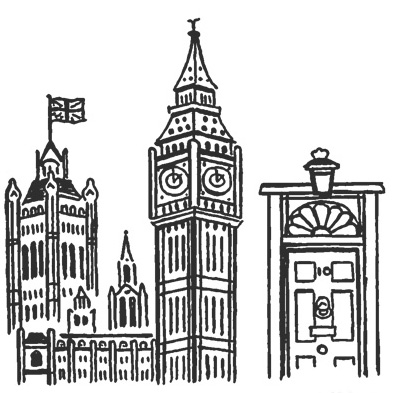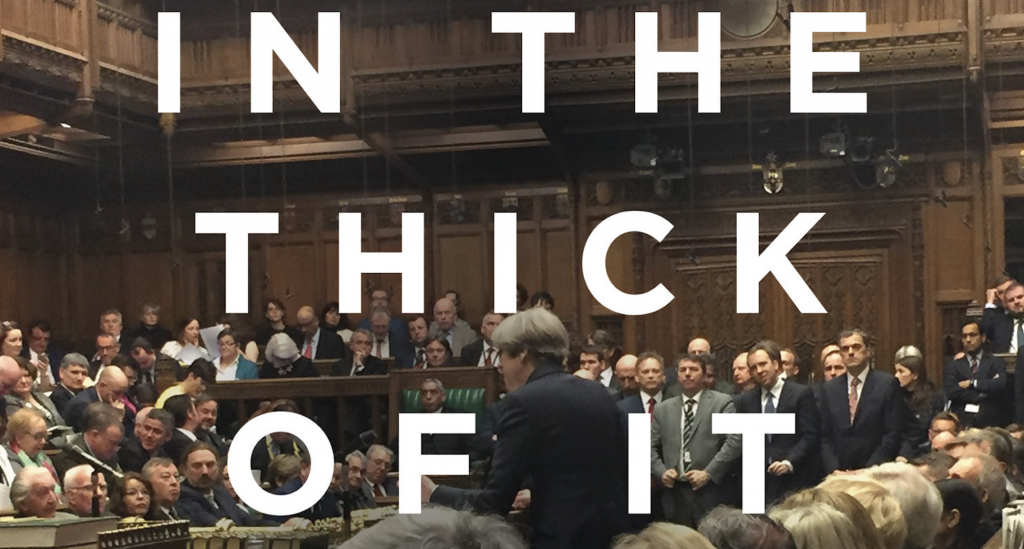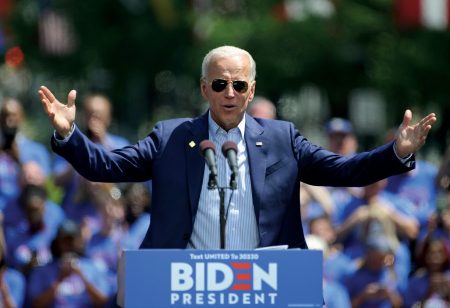Political life must have been tough for Sir Alan Duncan. Imagine being that talented, having that much political acumen, that much insight and wit, and yet your genius is just not recognised and rewarded by colleagues. Thankfully, the shackles of ministerial office cast off, we can finally gain an insight into Duncan’s innermost thoughts on both these egregious oversights and his true views on his colleagues, including such barnstorming marmalade-droppers as he doesn’t like Boris Johnson very much.
Whilst the much-talked about Daily Mail serialisation of Duncan’s diaries centred on his put-downs — Priti Patel is “a nothing person”, Mark Francois is “a horrid little man” — this is merely one aspect of Duncan’s literary output. Over a mere 545 pages, we are guided through the whirlwind of meetings, airports, embassies and tea rooms that make up Duncan’s ministerial life.
What quickly becomes apparent is just how little joy there appears to be in the life the author has worked so hard to build. So many rivals are hated, so many special advisers get above their station, so many airline seats are not upgraded. Outside of ministerial life, there doesn’t seem to be much Duncan hinterland (although there is quite a lot about dogs).
Clearly, Duncan gains much of his sense of self-worth from his political position, but this involves at least some of the delusion of which he frequently accuses others.
Take, for example, the very first line of the book: “Sir Alan Duncan, as a Conservative MP and government minister, was at the centre of British politics for nearly thirty years.” Really? Walk down the street and ask ten people if they have heard of Sir Alan Duncan. Ask ten political journalists if he was influential. The second is Duncan’s self-elevation to a fictional ministerial role, that of ‘Deputy Foreign Secretary’ which does not and has never existed — in reality he was a Minister of State at the Foreign Office.
In the attempt to convince us — and perhaps himself — that he is a key player, we are treated to some of Duncan’s alleged triumphs. When Boris surprisingly drops out of the 2016 Conservative leadership contest, for instance, Duncan goes to see the editor of The Daily Telegraph. Duncan’s aim is to persuade him to endorse Theresa May. Duncan deploys the line: ‘“Now that your man [Boris] is out — surely you don’t want to endorse a Times man [Gove]!” The editor is convinced, we are told. “Job done,” Duncan writes. Hmm.
With perhaps shades of David Hasselhoff being very big in Germany, shortly after Duncan is appointed ‘Deputy Foreign Secretary’ after ‘an absolutely critical five-minute call’ with Prime Minister May, we are told of an apparent coup in Turkey ‘which I guess is now my problem’. By January 2017, Duncan’s heroic action in the region prompts a UK trade minister on a trip to Turkey to text our hero: “They LOVE you here.”
Duncan refers to his sexuality regularly, with much detail about flirting with waiters and cabin crew in a manner which makes the reader — and presumably at least some those involved — uncomfortable. I do wonder if a 60-something straight man writing about “flirting” with much younger female cabin crew or waitresses would be viewed as quite such a lark.
Few women are praised — Emily Thornberry is “a graceless frump”; the Dowager Duchess of Rutland is an “imperious old bag”. From personal experience, I can confirm Thornberry is indeed graceless, but to call her a frump is unkind and, well, a bit graceless. And if you think Duncan’s criticism of these women is perhaps sexist, fear not: Eric Pickles also gets burned in one of the status-obsessed Duncan’s numerous diatribes on airline seating. “Fat lump Pickles is in biz class… while I fly in economy. I suppose that whereas FLP might just fit into an economy seat, he would probably never get out of it again.”
As a special adviser in government for three-and-a-half years, I encountered quite a few Sir Alan Duncans, and not just within my own party. Luckily, most of the politicians with whom I had the privilege of working did not share Duncan’s delusions, his pomposity and his turn-on-a-sixpence vitriol about every slight, perceived or actual. Rather, the Conservative Party I know and love is one of friendship, kindness and loyalty.
So in that sense this book was actually useful to read. It is a literary manifestation of a particular attitude, a snobbishness and a lack of loyalty to an organisation which gave Duncan incredible opportunities. In his many attempts to damage his former colleagues and the Conservative Party in these diaries, the person Duncan damages most is himself.





